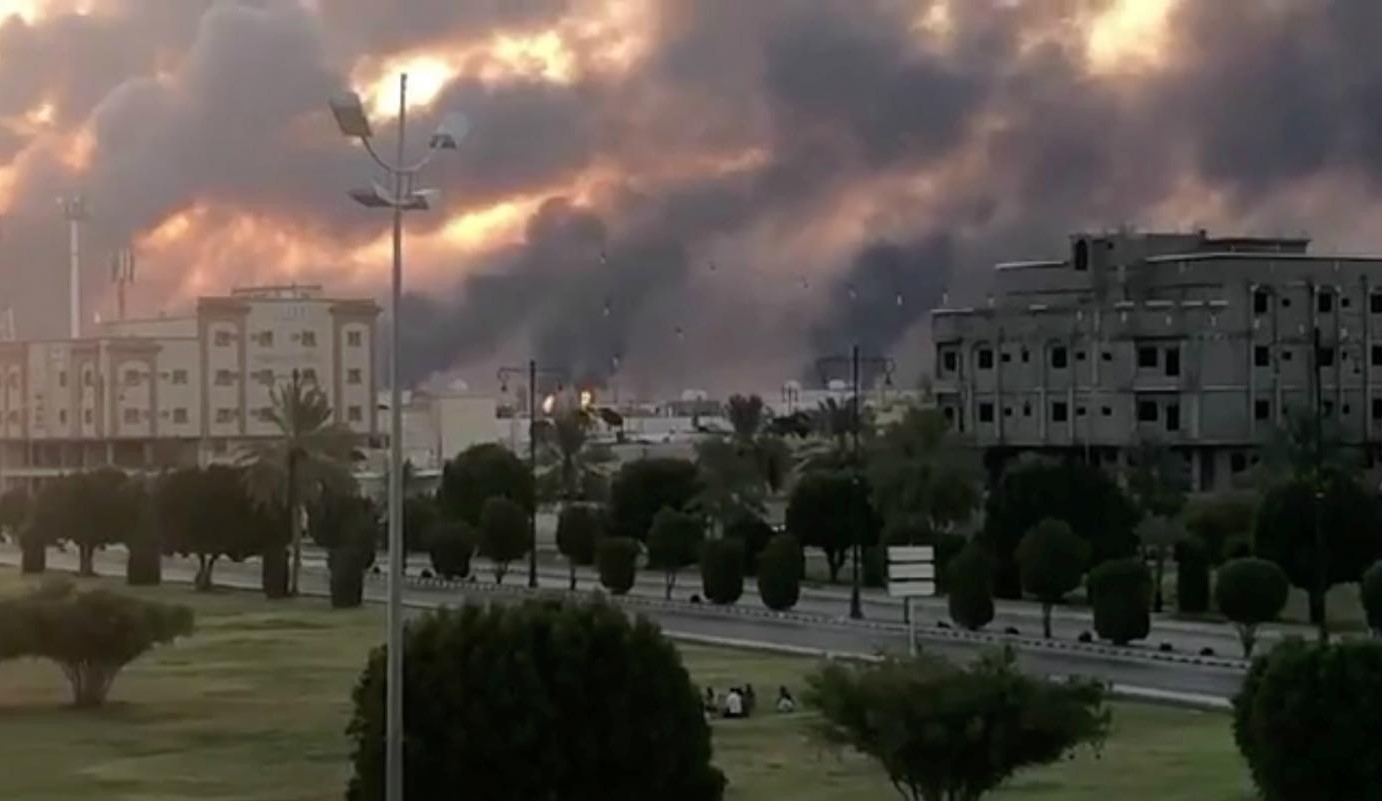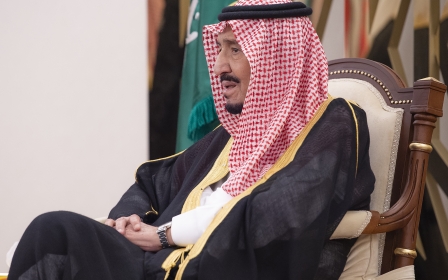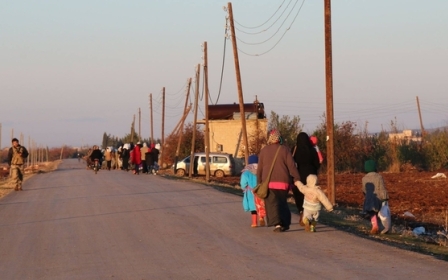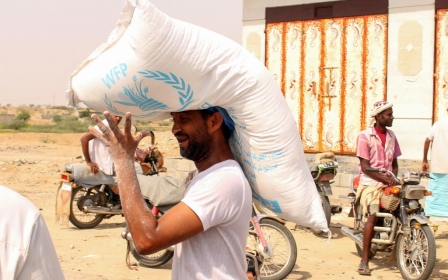Arabic press review: Why can't Saudi Arabia stop Houthi strikes?

Saudi Arabia is unable to counter attacks on its cities due to a string of failures in its defence strategies and assets, says a report published by the Arabian Gulf newspaper Al-Khaleej Online.
Despite its involvement in a four-and-half-year war in Yemen, Saudi leaders have dismissed and ignored the threat of Houthi-fired missiles, nor have they held held any emergency meetings, according to the Arabian Gulf-oriented newspaper.
The news outlet said on Tuesday that Riyadh's official response to the recurring strikes from Yemen's Houthi militia have been statements of condemnation and the use of its air force to target military and civilian targets in Yemen to blow off steam.
"Airports and sites, which are targeted often by Houthi drones, were not suspended nor completely stopped. [Saudi Arabia] also ignored the economic crisis resulting from attacks on its oil installations, until the recent targeting of Aramco shook the kingdom," the report said.
The report quotes political commentator Essam al-Zayat as saying that Saudi Arabia's inability to intercept Houthi attacks lies in the US air defence systems it deploys, including the Patriot, which can intercept an intercontinental missile, but stand useless in the face of nearby-launched ones.
New MEE newsletter: Jerusalem Dispatch
Sign up to get the latest insights and analysis on Israel-Palestine, alongside Turkey Unpacked and other MEE newsletters
Al-Zayat told Al-Khaleej Online that the Houthis use drones because they're difficult to spot, even at close range. In addition, radars cannot detect these drones because they are designed to detect large and fast aircraft, he explained.
Huge corruption scandal in Syria
A corruption scandal involving as much as $1bn has grabbed the public's attention amid complete official silence, according to a report published by Al-Quds Al-Arabi.
The London-based newspaper said that there are talks about recently discovered corrupt transactions worth 350 billion Syrian pounds, or over $800m, including "fake tenders, restoration and construction operations and computer purchase deals in the sectors of education and pre-university education.
"All of these operations took place during the years of the ongoing Syrian war," according to the newspaper.
Information indicates that a former minister and dozens of directors in his ministry, along with businesspersons, contractors, traders and importers, are involved in the scandal; yet, the Syrian state has not disclosed any details about it.
Syrian MP Fares Shehabi alluded to this huge financial scandal without naming the involved minister. "What would school students' impressions be on this heinous educational news? Isn’t it enough that students are witnessing chaos and thugs on the streets each day? What future do we have after all this suffering?” Shehabi wrote on his Facebook page.
Sanaa.. dead city
"There is nothing left for those wandering in the streets of the Yemeni capital, Sanaa, other than faint landmarks of misery, elegant tombs built by the Houthis and dozens of prisons around the city," reported the Saudi newspaper Asharq Al-Awsat.
The streets of Houthi-held Sanaa are witnessing an abundance of children and women beggars, all looking for a way to survive, while thousands of families are behind walls without humanitarian aid.
Civil servants interviewed by Asharq Al-Awsat spoke out about the difficulties they're facing as a result of their salaries being suspended for more than three years. Many of them have taken on multiple jobs, while most of them still suffer from the scourge of poverty and deprivation.
Ayman, a Ministry of Education employee, revealed that more than 130,000 teachers have been suffering as a result of the halt in salaries. He also stressed to Asharq Al-Awsat that he knows many of his fellow employees had turned to other jobs or left to their home villages after they failed to sustain a living in the city.
“We have nothing left to survive in the presence of Houthis, who enjoy humiliating people and monopolising all aspects of life for their own benefit and that of their leaders, especially those coming from Saada,” added Ayman.
* Arabic press review is a digest of reports that are not independently verified as accurate by Middle East Eye.
Middle East Eye delivers independent and unrivalled coverage and analysis of the Middle East, North Africa and beyond. To learn more about republishing this content and the associated fees, please fill out this form. More about MEE can be found here.




